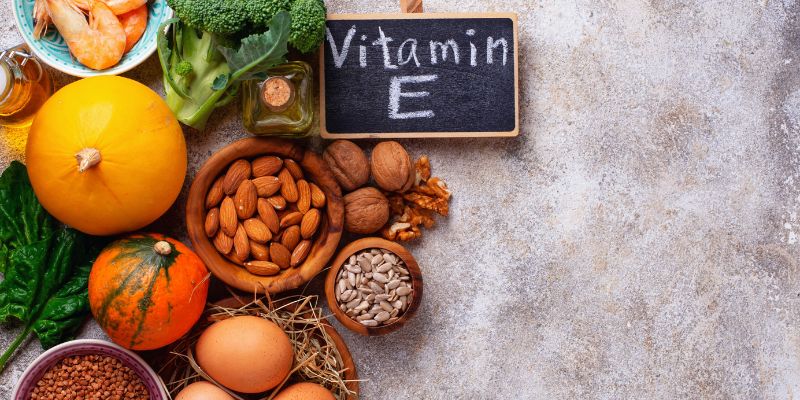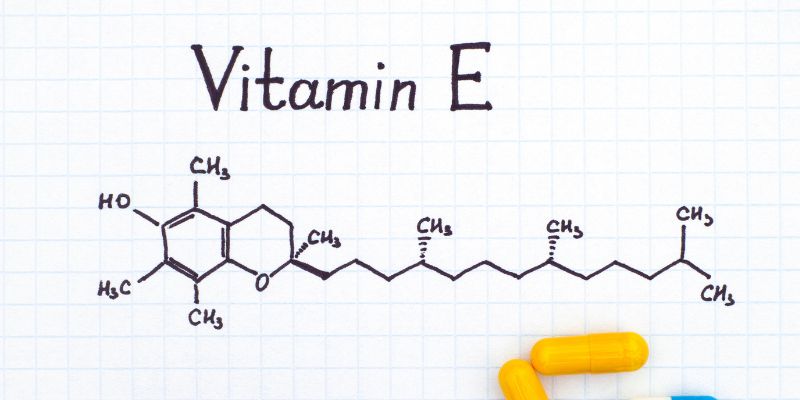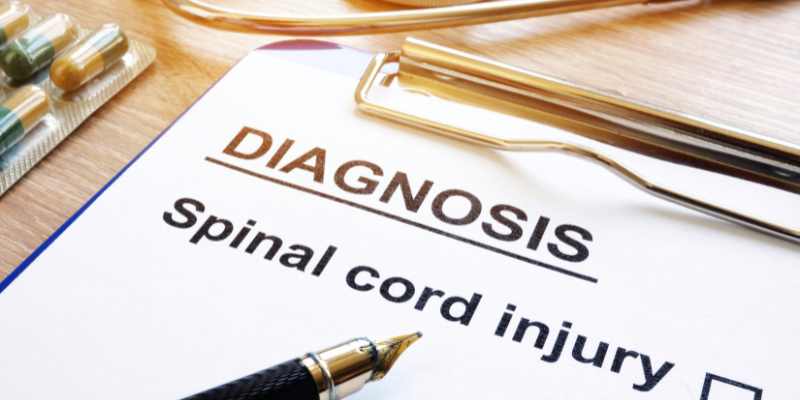How Effectively Treat A Vitamin E Deficiency for Better Health: A Guide
Vitamin E is a fat-soluble vitamin necessary for your body to maintain healthy skin, hair, and tissues and to sustain an effective immune system. The vitamin has antioxidant properties and helps to protect the body cells from harm caused by free radicals. Therefore, you must ensure that vitamin E is crucial to your diet. Fortunately, vitamin E is abundant in certain foods, vegetables, and nuts.
But, even then, many people do not get enough of this essential nutrient due to genetic disorders and low-fat diets, which results in cellular weakening and deterioration. If you or any of your loved ones are suffering from the same condition, you can easily fulfill vitamin E deficiency through supplements and making vitamin E rich foods a part of your diet. If you want to know how to treat vitamin E deficiency, keep reading!
How To Treat Vitamin E Deficiency?
Vitamin E is crucial for overall health and well-being. However, how much is needed depends on the age, gender, and biological condition. Unfortunately, many people fail to get this required amount and develop vitamin E deficiency. As the human body cannot produce this vitamin, one needs to obtain it through diet or supplements. Below, you can find the vitamin E rich foods and best vitamin E supplements:
Diet
If anyone develops vitamin E deficiency, the following are the food sources they are asked to include in their diet:
Nuts
Nuts include almonds, peanuts, and hazelnuts. Almonds contain the maximum amount of vitamin E. One ounce of almonds offers 7.3 milligrams of vitamin E, fulfilling your daily needs. Almonds also lower the chance of obesity and cardiovascular disease. They also help you to maintain your weight and strengthen your bones. Peanuts are a tasty and widely eaten snack that contains important vitamins and minerals. They are also an excellent source of vitamin E. Only one ounce of peanuts contains roughly 2.4 milligrams of vitamin E, approximately 15% of the daily required quantity for adults. It helps in reducing inflammation in the body. Hazelnuts are another nut rich in vitamin E. One ounce of hazelnuts contains 4.3 milligrams of vitamin E and other essential elements such as nutritious fats and fiber. They help reduce the risk of cancer.
Fruits
Avocado, mango, berries, apricot, kiwi, and many other fruits are excellent sources of vitamin E. Avocados are a sweet fruit that provides you with vitamin E, potassium, omega-3s, and vitamins C, and K. One medium-sized avocado contains around 4.2 milligrams of vitamin E. Consuming avocados daily improves heart health and reduces cholesterol. Mango is a wonderful tropical fruit rich in vitamin E. One small mango has around 3 milligrams of vitamin E, which improves digestion, immunity, and cardiovascular health. It is also low in calories, making it a great pick for managing weight. Similarly, blackberries are an excellent supplier of vitamin E, offering around 8% of the daily needed intake while strengthening immunity. If you're searching for an appealing and healthy way to increase your vitamin E consumption, kiwi fruit is a great option. The fruit keeps your skin clear and your eyes healthy. One medium kiwi fruit has 1 mg of vitamin E, so it's an excellent choice for people trying to increase their antioxidant consumption.
Vegetables
Sweet potatoes are a delicious and appetizing root vegetable rich in vitamin E. A single serving of sweet potato contains around 0.6 milligrams of vitamin E and other essential vitamins and minerals such as vitamin A and potassium. Sweet potatoes are high in fiber, thus providing an excellent mix for any diet. Broccoli is a superfood and a good source of vitamin E. It is a vital ingredient of any meal that provides sufficient quantities of vitamin E. One cup of cooked broccoli contains around 2.2 milligrams of vitamin E. It may improve your health by reducing inflammation, lowering blood sugar levels, boosting immunity, and improving heart health. Many leafy green vegetables are high in vitamin E, especially spinach, Swiss chard, beet greens, kale, and collard greens. Leafy greens can be incorporated into soups, stews, chili, stir fry, and morning porridge. You can roast them with garlic and spices before presenting them as an extra meal.

Vitamin E Supplements
Supplements are a common approach to adding vitamins and minerals to your diet. Adults and kids with genetic vitamin E deficiency need large amounts of supplements. But, you must be aware of the type of vitamin E you get from supplements. For instance, some supplements only include one type of vitamin E. Your body needs alpha-tocopherol, which is the only type it can absorb. Also, when you are using vitamin E supplements, be aware that these supplements can interact with other medicines you are using like:
- Alkylating Solvents And Antitumor Medicines: Excessive amounts of vitamin E can interfere with various medicines used in chemotherapy.
- Anticoagulant And Antiplatelet Medications: Combining vitamin E with certain medicines, herbs, and pills that block blood coagulation may raise the possibility of bleeding.
- Cytochrome P450 3A4 (CYP3A4) Receptors: Take vitamin E or other medicines that influence these metabolic enzymes, like omeprazole (Prilosec, Zegerid), carefully.
- Statins and Niacin: Taking vitamin E and statins or niacin, which may aid individuals with elevated cholesterol levels, may impair niacin's efficiency.
Conclusion:
Vitamin E is a potent antioxidant that can help the body's cells prevent damage caused by free radicals. The human body cannot produce it; the only way to have it is to include vitamin E rich foods such as nuts, fruits, and green leafy vegetables in your diet. An insufficient intake of these foods and certain health conditions cause vitamin E deficiency. By including these foods and supplements in your diet, you may boost your vitamin E consumption and enjoy the numerous health advantages. It's crucial to note that Vitamin E insufficiency becomes more difficult to cure as long as it goes undiagnosed. So, see a doctor for guidance and treatments if you detect a vitamin E deficiency.













